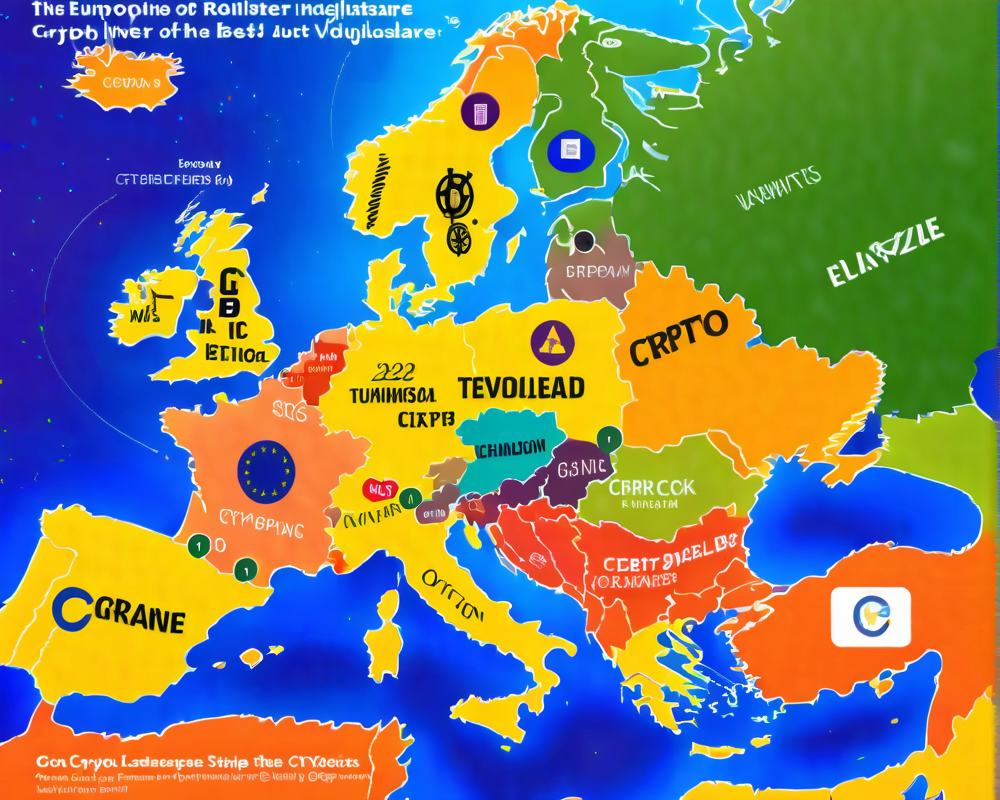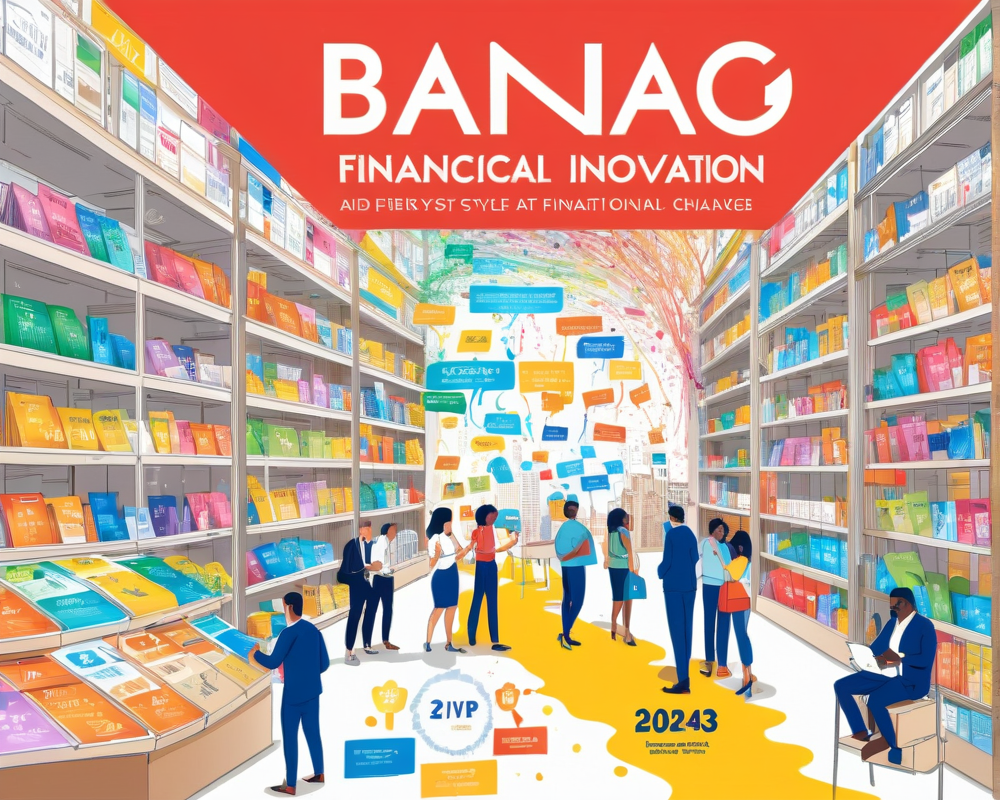The Crypto Transition: From Niche to Mainstream
In just a few short years, crypto assets have made quite the journey. Once considered something for tech-savvy enthusiasts and financial daredevils, they’re now front and center in the global financial conversation. According to a recent report from the International Monetary Fund (IMF), these digital currencies and tokens have evolved to serve various purposes beyond their initial speculative nature. They’re grabbing attention not just for investments but also as hedging tools against failing national currencies and even everyday payment instruments. Who would’ve thought digital coffee beans could help you buy your morning brew?
The Push for Regulation
However, progress doesn’t come without its hiccups. The recent failures of crypto exchanges, hedge funds, and issuers have spurred the need for more rigorous regulations. In the words of IMF directors Aditya Narain and Marina Moretti, these incidents have brought a surge of momentum in the call for proper oversight. Think of it as the financial world’s way of reminding everyone that with great power (or money) comes great responsibility.
The Challenges Ahead
But don’t let the optimism fool you—crafting a regulatory framework for an ever-evolving crypto market is akin to herding cats. Narain and Moretti highlight that regulators are facing uphill challenges: the rapid evolution of the market, the difficulty in monitoring it, and, let’s be honest, a lack of experienced personnel in regulatory bodies. In their eloquent words, “Regulators are struggling to acquire the talent and learn the skills to keep pace.” Talk about a serious staffing shortage! Imagine the poor souls trying to figure out how to regulate something that changes faster than a toddler’s mood.
Conflicting Interests
Another layer to the challenge? Each regulator has different priorities and focuses. Some may orient towards consumer protection, while others might prioritize financial integrity or stability. With the variety of crypto actors involved—including miners, validators, and protocol developers—there’s no one-size-fits-all solution. The authors emphasize that a coordinated global regulatory framework could be what the doctor ordered, paving the way for clearer rules and increased consumer confidence in this chaotic marketplace.
Progress on Regulation
So, what’s brewing in the world of crypto regulations? Well, for starters, Europe is on the brink of finalizing its Markets in Crypto-Assets (MiCA) regulations, expected to hit the streets in about four to six weeks. Meanwhile, the U.S. is also getting into the game with the Responsible Financial Innovation Act, tackling the pressing questions surrounding the digital asset sector. It seems like both sides of the Atlantic recognize that navigating this new digital frontier isn’t a task to be taken lightly.
Changing Perceptions
Interestingly, even some of crypto’s hardest critics are coming around to the idea of regulation rather than an outright ban. A notable shift came from U.S. Congressman Brad Sherman, who recently acknowledged the undeniable money and influence that crypto holds—making a ban an increasingly unrealistic option. In other words, it seems that cash rules everything and everyone, even the skeptics!




